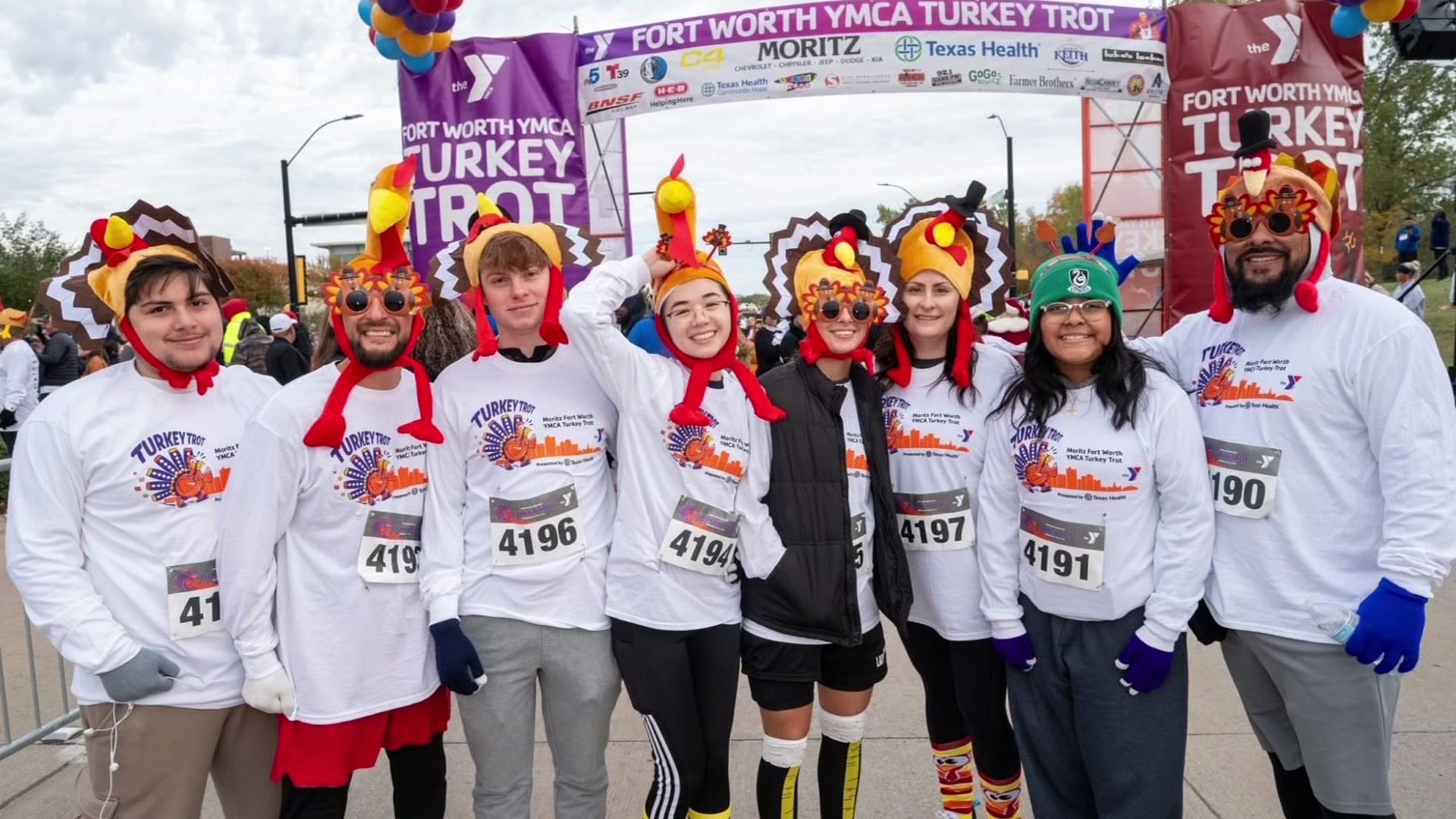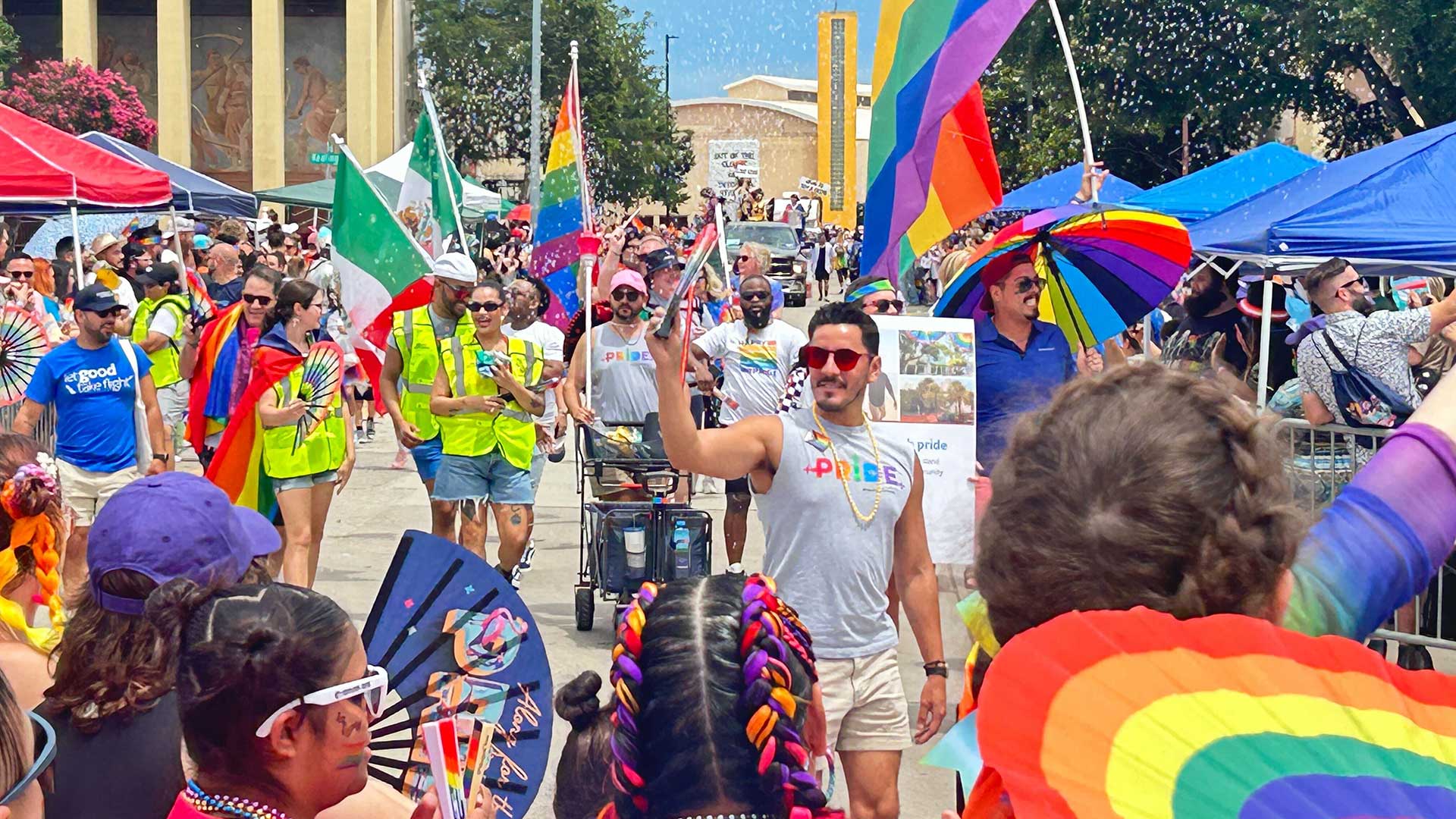
The “pill” can now be delivered right to your door without having to see a doctor first. Some women say it’s a real time saver, but pro-life advocates are weary of the concept.
The "pill" can now be delivered right to your door without having to see a doctor first. Some women say it's a real time saver, but pro-life advocates are weary of the concept.
Nurx is an app many are now calling the "Uber" for birth control.
Patients answer several questions — such as health history, weight and blood pressure — and then can have the birth control of their choice delivered at their door.
Shelby Roehre, of Dallas, says it helps her fill an important need.
She recently moved to the area from Pennsylvania but hasn't had time to find a doctor.
"Having such a necessity, and it being sent to me at my home — so I don't have to get up go to the doctor, go to pharmacy or anything like that, and to pay for it all in the app — it makes my life so much easier," Roehre said.
The app is now live in 15 states and Washington, D.C., providing birth control for women with or without insurance.
Local
The latest news from around North Texas.
The California-based company expanded into Texas over the summer, and with that expansion, it landed in the bullseye of conservative pro-life groups.
At issue for them is how women can use the app to also get emergency contraception, or the "morning-after pill."
Emergency contraception works differently than traditional birth control and is taken within 72 hours after sex to prevent pregnancy.
Doctors say it doesn't terminate a pregnancy, but anti-abortion activists feel it's ending life at its earliest stages.
"The main problem is it ends the life of this baby. She may not realize that when she takes it. She may find out years down the road that there was, or possibly was, conception," said Kay Morton, of Thrive Women's Clinic in Dallas.
Plus, getting the morning-after pill without the traditional face-to-face visit with a doctor or pharmacist is cause for even more concern, according to Morton.
"It's quicker. It's easier. It's cheaper, but you miss out on a lot of the education and the assessments that you get with going to a doctor. If you have questions or problems with side effects, who do you go to with that?" Morton said.
The Food and Drug Administration regulates emergency contraception, like Plan B and Ella, differently than traditional birth control.
Critics, including John Seago, legislative director for Texas Right To Life, feel stricter telemedicine laws should be in place regulating online emergency contraception.
"The FDA says Plan B and Ella work to keep the embryo from implantation. That's where we think morally we have to get involved," Seago said.
Nurx says doctors review the health profile information each customer provides before mailing out the medication.
Doctors are available 24/7 for any follow-up questions over a teleconference, and the app founder says they're serving a need in contraception deserts — rural areas of Texas where women don't have immediate access to public clinics.
Roehre says she's had no health problems resulting from the online birth control.
"It's almost empowering for women that there is an application on our phone now that adheres solely to our reproductive system and health services," she said.
Texas Right To Life plans to work to change telemedicine laws during the next state legislative session in order to make it more difficult to obtain emergency contraception online.



